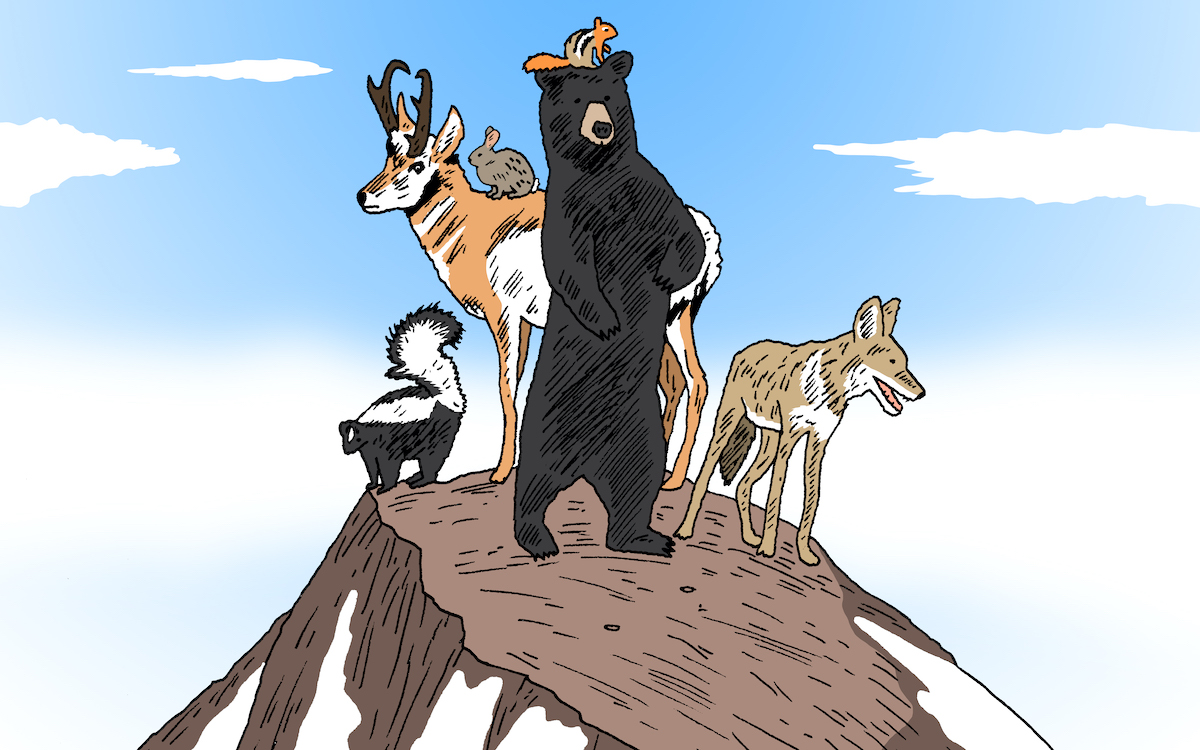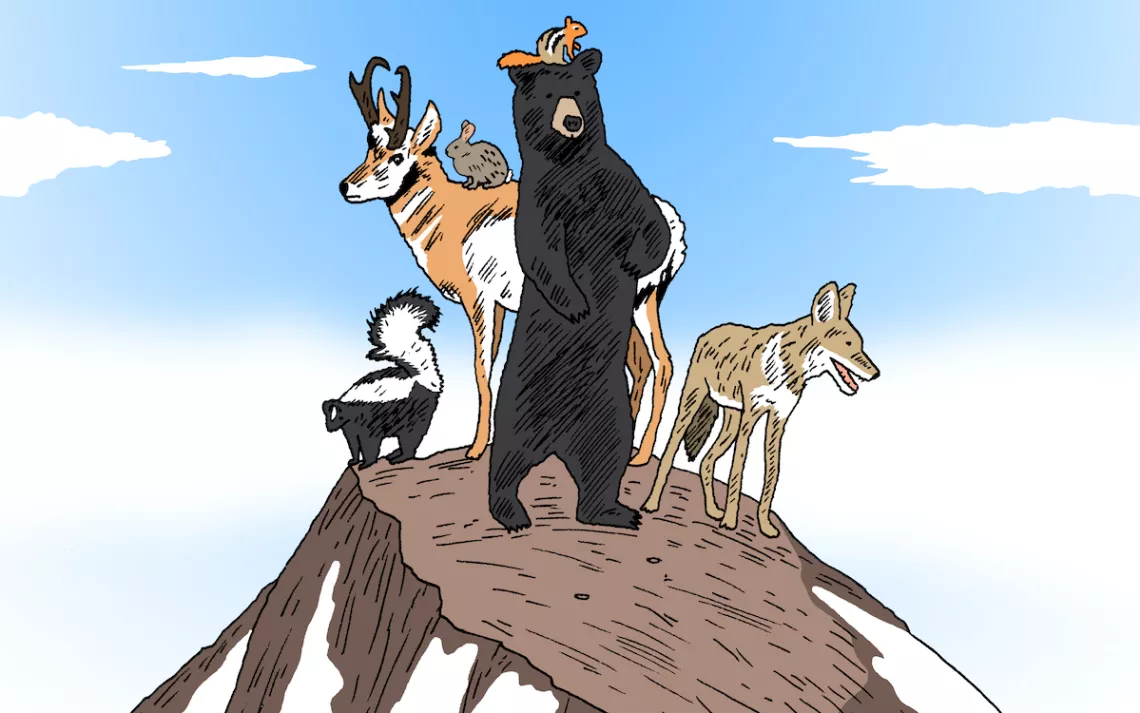ICYMI: Mammals Moving Up, COVID Cases Halved & Back to Paris
A weekly roundup for busy people


Mammals in the Rocky Mountains are moving to higher elevations as the climate warms.
A nuclear-powered Russian icebreaker and a LNG carrier successfully transit the Northern Sea Route for the first time in February, opening the door to year-around Arctic shipping.
The US is once again party to the Paris climate agreement.
Dealing another blow to oil development in the Arctic National Wildlife Refuge, the Interior Department nixes seismic surveys for oil because proponents failed to first survey the area for polar bear dens.
Wisconsin hunters and trappers kill 162 wolves in 72 hours, forcing a premature end to what was to have been a week-long hunting season.
Bills to criminalize protests against fossil fuel infrastructure are introduced in Arkansas, Kansas, Minnesota, and Montana.
Comstock Resources, a Texas gas driller, apologizes after its CEO referred to last week’s surge in energy prices amid a bitter winter storm as a “jackpot.”
Lazarus bird—after an absence of 170 years, the black-browed babbler is rediscovered on the island of Borneo.
Global cases of COVID-19 fell by half from January 11 to February 18, 2021.
Berkeley, California, will end restrictions against multifamily housing. Also, the city will deprioritize low-level traffic stops in order to address racial disparities in enforcement.
A study by the Insurance Institute for Highway Safety finds that while the number of people killed in auto crashes is declining, the number of pedestrians killed by cars—especially SUVs—is increasing.
Washington State Republicans want to tax bicycles and ferry passengers to pay for highway improvements.
The Cherokee Nation wants Jeep to stop using its name.
 The Magazine of The Sierra Club
The Magazine of The Sierra Club



